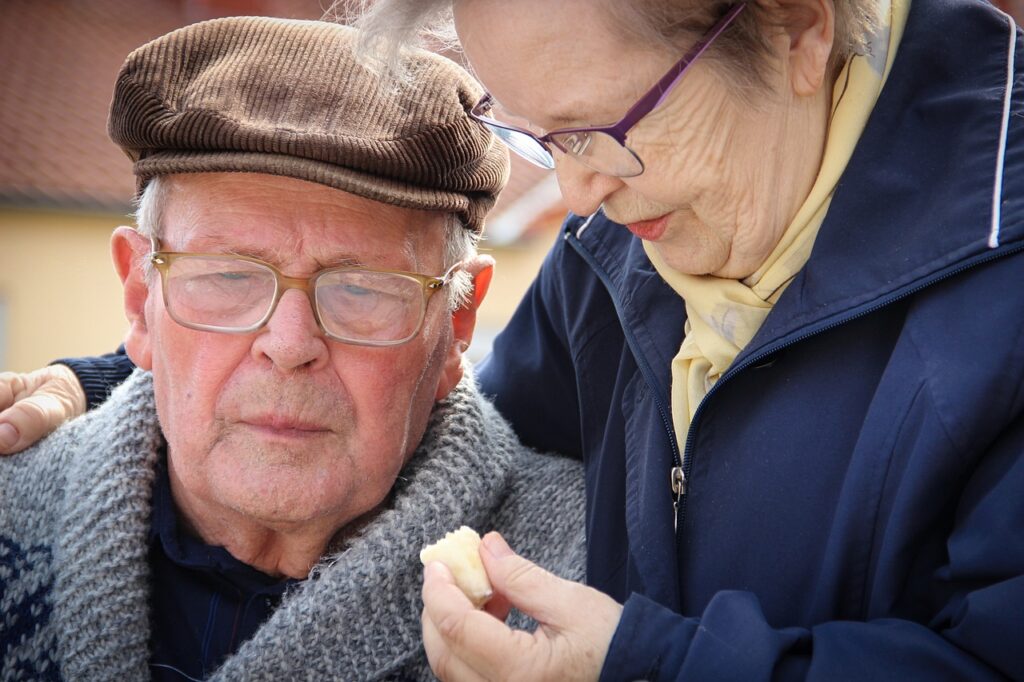 A healthy diet is important at any age, but it becomes especially critical for seniors. As we get older, our nutritional needs change, and certain health conditions may make eating well more challenging. However, with some planning and support, seniors can enjoy tasty and nutritious meals that keep their bodies and minds in good shape. This article explores strategies for helping seniors maintain a healthy diet with the assistance of family, friends, or a home care provider.
A healthy diet is important at any age, but it becomes especially critical for seniors. As we get older, our nutritional needs change, and certain health conditions may make eating well more challenging. However, with some planning and support, seniors can enjoy tasty and nutritious meals that keep their bodies and minds in good shape. This article explores strategies for helping seniors maintain a healthy diet with the assistance of family, friends, or a home care provider.
Understand the Unique Nutritional Needs of Seniors
As the body ages, its metabolic rate slows down. Seniors need fewer calories but higher levels of certain nutrients like protein, fiber, calcium, vitamin D, and vitamin B12. Common health issues can also impact nutritional needs. For example, conditions like diabetes, high blood pressure, and high cholesterol call for limiting sodium, sugar, and unhealthy fats. Seniors are also more susceptible to dehydration and need to drink adequate fluids. Taking supplements and medications may make it harder for some nutrients to be absorbed. Knowing what a senior’s specific nutritional requirements are will ensure they get what their body needs from their diet.
Overcome Challenges to Eating Well
Seniors can face a variety of challenges when it comes to eating well. Loss of appetite, dental problems, difficulty shopping and cooking, limited budgets, isolation, dementia, and other issues can all interfere with getting proper nutrition. Helping seniors overcome obstacles is key. This may mean providing dentures that fit properly, arranging for Meals on Wheels deliveries, or simply sharing a meal and reminding a senior to eat. A home care provider in Rockville, MD, can address challenges through services like grocery shopping and meal preparation. The goal is to make eating nutrient-rich foods appealing and accessible.
Focus on Nutrient Dense Foods
Nutrient dense foods provide lots of vitamins, minerals, and other nutrients with relatively low calories. They should make up the bulk of a senior’s diet. For example, fruits and vegetables of all colors deliver fiber, vitamins, antioxidants, and more. Whole grains like oatmeal, quinoa, and whole wheat bread offer substantial nutrition for the calories. Low-fat dairy products like yogurt and milk supply protein, calcium, and vitamin D. Lean meats, fish, eggs, nuts, seeds, and legumes are excellent sources of protein. Getting creative with recipes can help make these foods enticing for seniors whose appetites or tastes have changed. Avoiding empty calories is also important.
Stay Hydrated
Good hydration is vital for seniors. Water supports every bodily function and prevents problems like urinary tract infections and constipation. Yet seniors often don’t feel thirsty and forget to drink enough. Aim for 30-64 ounces of fluid daily. Water should be the primary beverage, but milk, juice, and caffeine-free tea can also contribute to fluid intake. Adding flavorings like mint or citrus can make plain water more appealing. Setting a timer as a reminder to drink is another useful strategy a home care provider can implement.
Consider Vitamin and Mineral Supplements
Seniors often fall short on key vitamins and minerals, even when trying to eat well. A multivitamin specially formulated for seniors is usually recommended. Additional supplements like vitamin D, calcium, vitamin B12, and omega-3s may provide extra insurance. A doctor or pharmacist can advise which supplements are necessary based on health status, lab tests, and medications. Taking pills can be difficult for some seniors, so chewables, powders, or even injections may be needed. A home care provider can ensure supplements are taken properly.
Eating well is one of the most important things seniors can do to maintain their health and quality of life. With mindfulness about their unique nutritional requirements, assistance to overcome obstacles, and a focus on nutrient-rich foods, family, friends, and home care providers can help seniors enjoy the benefits of healthy eating. Small efforts can make a big difference in helping seniors get the nutrition their aging bodies require.






